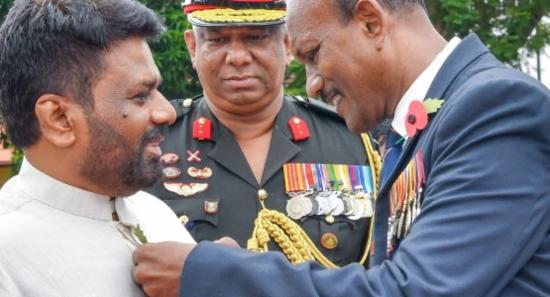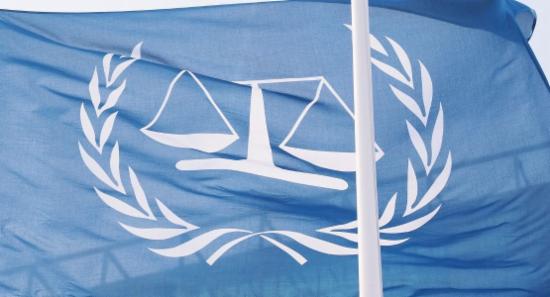.webp)
-725409.jpg)
Future Governments Must Comply with IMF Loan Agreements - Bandula
COLOMBO (News 1st); Sri Lankan Minister Bandula Gunawardena stressed on the necessity of adhering to the loan agreements with the International Monetary Fund (IMF) until 2028 while formulating the budget for the upcoming year 2025, regardless of the governing administration.
He also highlighted the obligation for parties aspiring to assume state power to disclose their compliance with these agreements to the country.
Several political parties have initiated protests and strikes. Consequently, a committee comprising the Secretary to the President and the Secretary of the Ministry of Finance has been established to address issues concerning salaries, including discrepancies across government departments, corporations, and statutory bodies. The cabinet has also made a decision to propose solutions and incorporate them into the 2025 budget document, said the Minister as quoted by the President's Media Division.
He went on to note that despite the government’s various needs, the 2024 budget cannot accommodate additional financial allocations, and it is essential to note that over the past four decades, there has not been sufficient income to cover day-to-day operational expenses of the government.
In 2023, the Inland Revenue Department collected Rs.1550 billion by raising all tax types, while the Department of Customs garnered Rs.923 billion from import and export duties. The Excise Department gathered Rs.169 billion, and the Department of Motor Traffic obtained Rs.20 billion. Non-tax income amounted to Rs.219 billion.
Additionally, Rs.16 billion came as aid and Rs.304 billion through various deposits, summing up to a total income of Rs.3201 billion.
However, these revenues must cover the day-to-day operations of the government, including salaries, pensions, and subsidies like “Samurdhi” and “Aswasuma”, as well as loan interest. Consequently, a total expenditure of Rs.4.3 trillion was incurred solely in 2023, said Minister Gunawardena.
In drafting the budget for the upcoming year 2025, irrespective of the ruling government, the Minister said that it is imperative to address the loan agreements established with the International Monetary Fund (IMF) until 2028.
By 2025, it is anticipated that the external foreign resource gap will not adequately cover international transactions. Past trends suggest a projected need of USD 5018 billion for this purpose.
Any government formulating the forthcoming budget must secure this funding. To facilitate this, the International Monetary Fund (IMF) has consented to provide USD 663 million under the extended credit facility.
The International Monetary Fund (IMF) has consented to furnish USD 700 million to address the budget deficit. Additionally, the World Bank and the Asian Development Bank (ADB) have pledged USD 400 million and USD 300 million, respectively. It is anticipated that there will be a loan relief of USD 3655 million through the restructuring of foreign debt.
Furthermore, parties aspiring to assume state power must inform the country if they are abiding by the agreements outlined by President Ranil Wickremesinghe, who is also the Finance Minister. It is emphasized that there is no alternative for the future budget of the country, even if pursued without expecting international cooperation.
Other Articles
Featured News





.png )




























.gif)